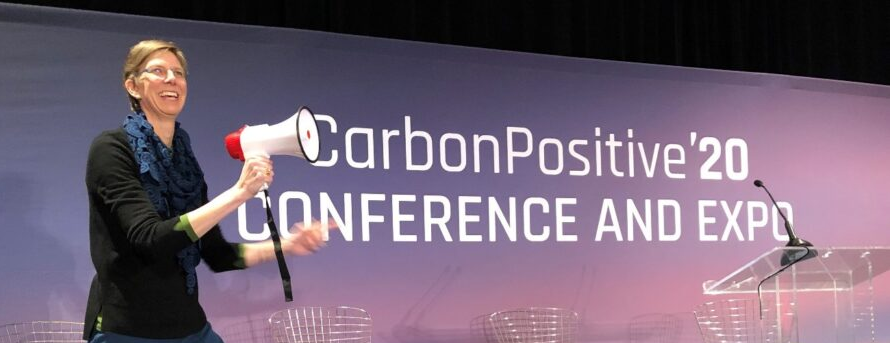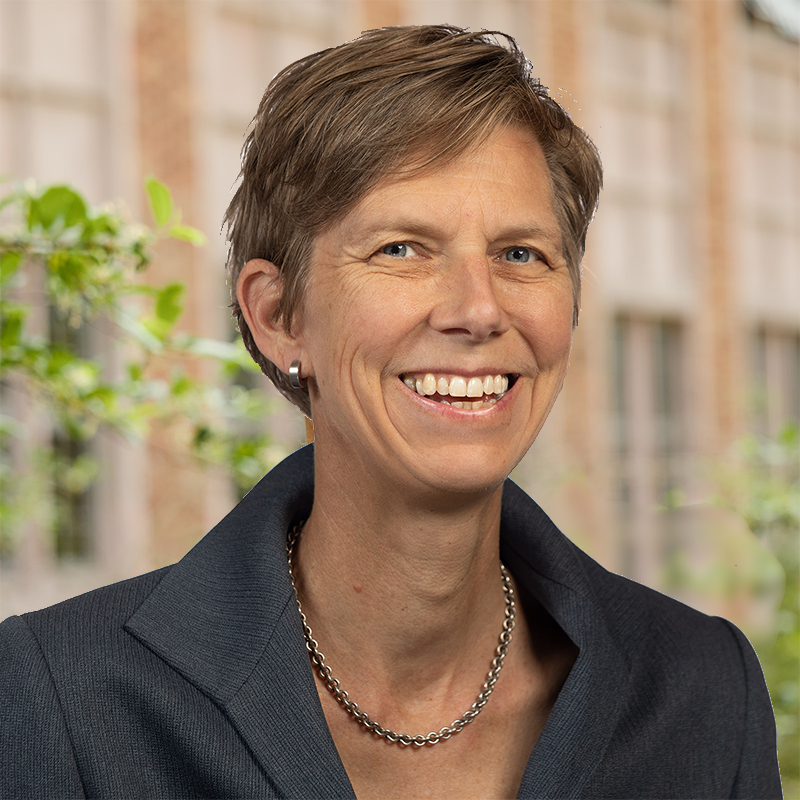Carbon Leadership Forum Launches as Independent Nonprofit Organization

Founder and Board Chair, Carbon Leadership Forum; Professor of Architecture, University of Washington

por Kate Simonen
Founder, Carbon Leadership Forum
Over the last 14 years, the Carbon Leadership Forum has been raising awareness and propelling action to ensure that embodied carbon is dramatically reduced to create a just and thriving future. Thanks to the collective leadership of CLF, industry practitioners, policymakers and others, we are beginning to witness significant progress.
In recognition of unprecedented recent momentum, I’m very happy to share that CLF is making changes to our organizational structure and leadership that will enable us to expand our influence and impact.
Some of you may not know that CLF has historically operated under the umbrella of the University of Washington’s College of Built Environments. Beginning in April 2024, we are spinning off the Carbon Leadership Forum as an independent nonprofit organization. While I will continue to oversee CLF as board chair, I am excited to share that organizational management will now be led by Anthony Hickling as CLF’s new executive director and Meghan Lewis as CLF’s new program director.
At the same time, I will continue to lead the development of academic research out of the UW College of Built Environments’ newly named Life Cycle Lab supporting the next generation of researchers and pursuing critical embodied carbon research with an increased focus on academic publications. Both CLF and the Life Cycle Lab will continue to work collaboratively and we are looking forward to new opportunities to collectively reduce embodied carbon in buildings and infrastructure.
For more information, I encourage you to take a look at our full press release y FAQ here. We appreciate your support and patience while we embark on this transition over the next year and beyond.
I am excited and optimistic about this strategic change. For all of you who have helped us make it this far, I thank you.


The Carbon Leadership Forum is becoming an independent nonprofit organization to double down on our urgent research, education, and cross-sector collaboration that drives the data, tools, and policy changes needed to eliminate embodied carbon from buildings and infrastructure.